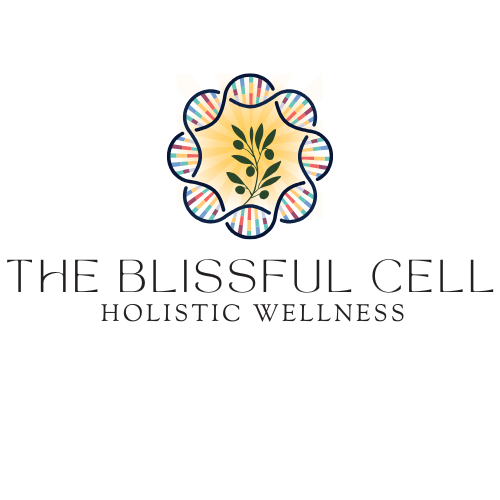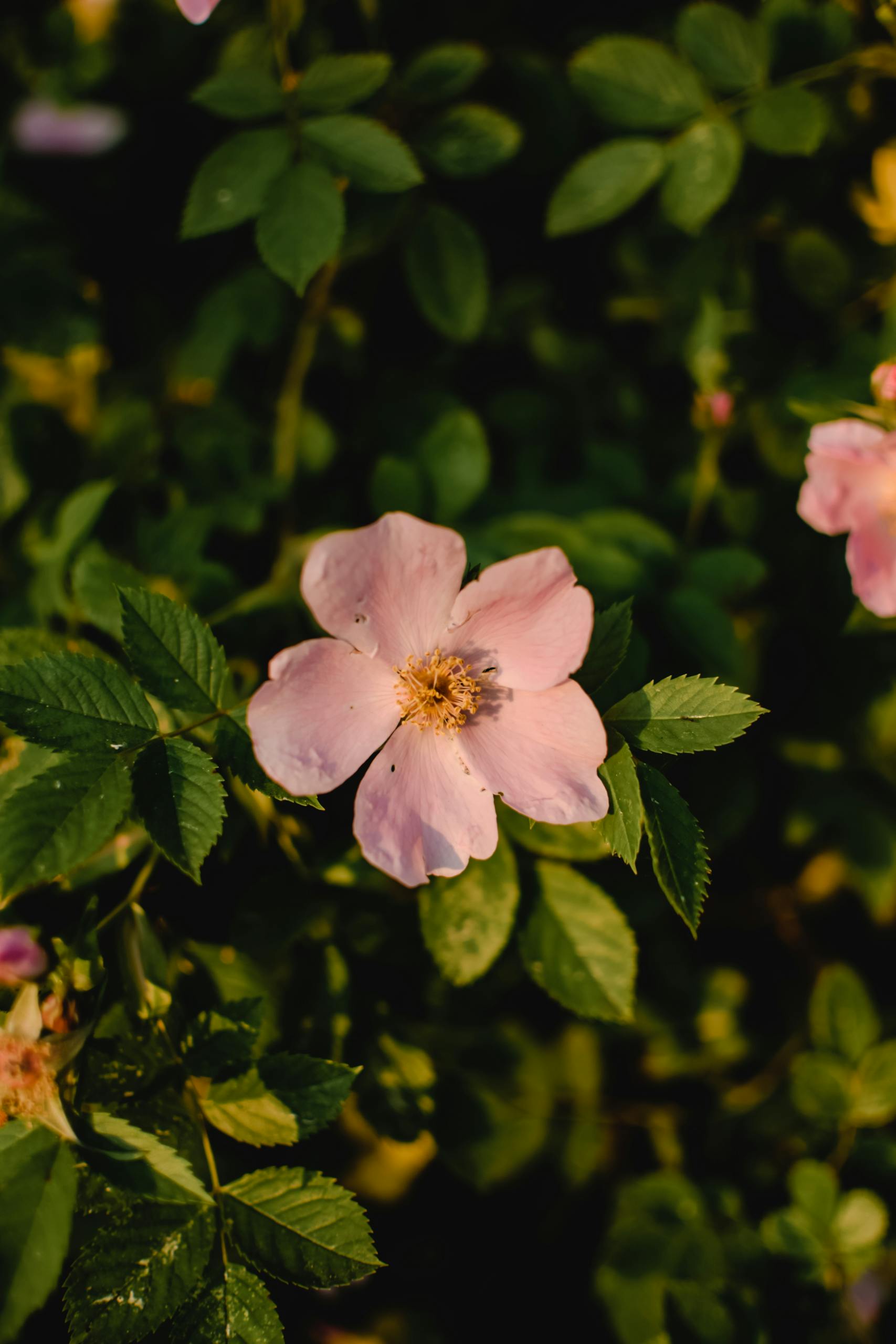“When life throws thorns, hunt for roses.”
Certain plants find their way into the deepest folds of our lives, quietly, steadily, until one day we realize we are no longer separate from them. The rose is one such plant. More than its beauty or fragrance, the rose holds stories, medicine, protection, and presence. It blooms through joy and hardship alike, offering not just its petals, but its thorns—its boundaries, its wisdom, its strength. In learning from roses, I’ve come to understand resilience, softness, and the sacred dance between the two.
This is an ode to the rose and to all that it teaches: about healing, about community, and about the quiet ways we are held by the natural world. It is also a story of how a rose found its way into my heart in the form of my daughter, whose spirit reflects the wild and gentle nature of this beloved plant. Let this be an invitation to others—those who are listening—to begin a relationship with nature. Because when we do, it becomes clear: creation is always speaking, and the lessons it offers are never small.
From ancient times to the present, the beauty and fragrance of a rose have captivated our senses. The rose plant has a rich and colorful history steeped in symbolism, politics, and tradition. There are many species of roses and a vast number of cultivated hybrids. Wild roses are helpers in their communities. With their visual attraction, they call out to the pollinators so that they can gift them with nectar. Wild roses serve as guardians of the ecosystem by extending their invasive branches, growing prolifically, resembling a shield. They form dense clusters that create a protective barrier, safeguarding disturbed areas from further harm – no one dares to traverse its wall of thorns.
Roses truly add value as their ecosystem services have a positive effect on their surroundings and community. Not only do they bring joy and a sense of peace, but they are aesthetically appealing. They improve air quality, help regulate the climate, and provide a habitat for pollinators. Their fragrance is also an important feature. The mere smell of a rose will enhance one’s well-being and mood. Aromas can trigger physiological responses and affect our mental state, and the fragrance from a rose can be soothing and uplifting, inevitably bringing us to a deeply relaxing state.

Wild roses offer us their flowers and leaves for medicine and their petals and rosehips for food. The fruits of roses, known as rosehips, bring nourishment to our bodies. Rosehips are high in vitamin C and rich in bioflavonoids and antioxidant properties. The petals are edible and can be an ingredient in a variety of recipes. In addition to medicine and food, wild roses have gifted us the opportunity to utilize them for practical purposes. Many indigenous tribes used various parts of the rose to make pipe stems, jewelry, and needles for sewing. Medicinally, roses are well known for their astringent and nervine properties. They evoke a cooling and drying energy that aids in healing a variety of conditions that are energetically hot, inflamed, and irritated. The astringent herbal actions can bring tightening and toning to tissues that have lost their integrity.
Perhaps their actions and abilities shed light on why they have an affinity for the heart, both on an emotional and physical level. Yes, while roses have symbolized passion and love throughout history, there are alternate ways in which a rose influences our emotions. The astringency features of this beautiful plant work in ways that go beyond its physical effects on our bodily tissues. It is my experience that wild roses offer us resilience in times of hardship; it is their keen ability to pick us up, give us solidity in our times of weakness, and help us find our integrity when we cannot find the strength on our own.
It is because of these qualities that I have come to dearly know that I consider this wonderful plant an ally, a friend. Life is seldom a smooth, straight journey. We all know it has twists and turns, ups and downs, good times and bad times. This duality of life that we experience can be likened to the rose. It has its thorns and stems that twist and turn, yet throughout it all, beauty and life are found. When I discovered that the little being in my womb was a girl, I began to think of the names I could give her. What pressure this was! I kept thinking, what if we chose the wrong name? What if when she arrives, she just doesn’t look like or even vibe with that chosen name? Should we wait to see her face and get to know her first? Eventually, we agreed on her first name, but as for her middle name, that honor was left entirely up to me.

I didn’t fully realize, at the time of choosing her middle name, how meaningful it would truly be. But I knew for certain that it was a special name. Little did I know that I was about to enter into one of the most tumultuous years of my life. The part of life that takes a twisting turn and then plummets down into a rocky gorge. Traveling through this rocky gorge was like trying to traverse a wall of thorns. Indeed, this path brought deep wounds, but there was one person who consistently gave me the strength to carry on.
She was the calm amidst the chaos, the light in the darkness, and the beauty that is found on the other side of thorns. She was born in June, when roses are in full bloom, and her middle name is Rose. She is my little wild rose, a helper and protector, with the sweetest spirit, whom all are drawn to, and she radiates pure love.
Wild roses are a gift to this world from our creator. I am thankful to learn from them, and I highly respect everything they do for the environment and for the nutrients they give us. They embrace us and pick us up when we are weak, giving us strength and healing for our broken souls. They teach us that while life is full of twists and turns, we will stumble on the rocks (and thorns) that come our way, but we must continue. Even just one day at a time, even if we may not be able to see beyond the thorns, we must continue because life is worth fighting for. We must take a moment to open up our senses because once we do, we will smell the sweet fragrance in life, and then we shall see the beauty that has always been there.
Just as the rose returns each season—softly, bravely, without asking for permission—so too do we grow through cycles of light and shadow. In walking with the rose, I’ve learned that beauty does not exist without complexity, and that healing is rarely linear. My daughter, my little wild rose, reminds me daily of this truth. She, like the plant, is both tender and strong, rooted and reaching. Through her, and through the roses that have stood by me in the thorniest parts of life, I have come to trust in the quiet, steady wisdom of nature, of God’s creation.
This writing is lovingly dedicated to my daughter, whose spirit blooms like the wild rose and whose presence continues to teach me about love, resilience, and the beauty that grows even through the thorns.
Let this be your invitation: step outside, listen, and meet the plants where they are. Tend to them, learn from them, and let them shape you. In doing so, you may just find that the world becomes softer, and so do you. And to those who take the time to build relationships with the plants around them, thank you. You are part of a healing that ripples outward.
“Look deep into nature, and then you will understand everything better.” – Albert Einstein


Comments are closed